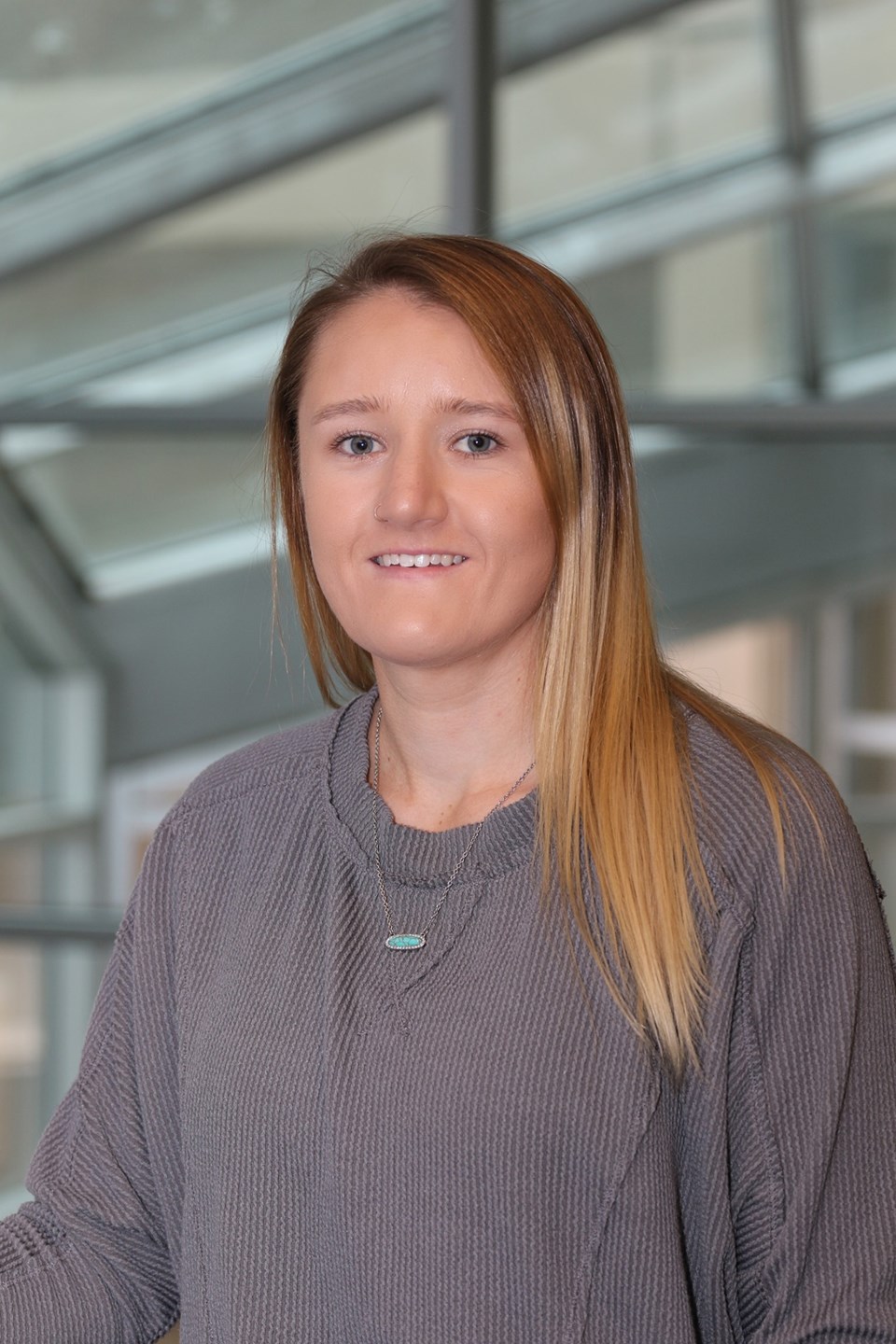Most community members know to call 911 in case of an emergency. But who picks up the phone on the other end? That’s the work of our incredible dispatch team at the Longmont Emergency Communications Center (LECC). This week we were lucky enough to sit down with Communications Specialist Shelby Johns to talk about everything that goes into her job in emergency dispatch.
1. Where are you from and how long have you been doing your job?
I was born and raised in Longmont but now live in a border community. Not only am I a 911 dispatcher at the Longmont Emergency Communications Center but I am also on the tactical SWAT dispatch team and a member of the police peer support group. And I've been doing this since 2014.
2. Favorite Spot in Longmont?
I'd have to say Sunset Golf Course. I play in a women's golf league there with some amazing women. And the views at Sunset are probably some of the best views in the city.
3. What do you wish people knew about your job?
I feel like there's a lot that the general public doesn't know about a 911 dispatcher. I think if there's one thing I wish the public knew, it would be that we always need to know their location. That's probably one of the most common things we get from the public, is they don't know exactly where they are at. We also do a lot of multitasking. We are not just answering 911 phone calls, but we also answer non-emergency lines, on top of working the radio channel for police and fire. So there's a lot of multitasking that's involved. The public has the option to ride-along with dispatch just as you would police and fire.
4. What’s the difference between an emergency and a non-emergency?
What constitutes an emergency? I feel like everyone has their different views about what an emergency can be or should be. But the typical emergencies we get are medical calls or higher priority calls for service, like domestics or disturbances. I feel like a lot of our non-emergency calls are animal related, public works related, parking complaints, or trespassing complaints.
5. What should people know about calling 911?
Once again, you should always know your location and your cross streets. And if you can't provide your cross streets, maybe a building or business that's nearby so that way we have a better opportunity of finding you faster. Just being able to provide the dispatcher with all of the information they're asking for, because there's a reason behind all of the questions we ask. The information we are asking about is for police officers, Emergency Medical Technicians (EMT’s), or fire department's safety or questions they may need to know about your situation specifically.
6. What’s the hardest part about your job?
The hardest part about my job is not knowing the end result. I rarely find out what the final outcome is of those medical calls the fire department goes on. They pick up the patient and take them to the nearest hospital, but we never know how that worked out. Or the outcome of police officers who do follow ups with the community members they come into contact with. We just take the call, dispatch it out, and that's the end of our involvement in it. And that's the hardest part for sure.
7. Favorite Food of all time?
Sushi.



